The filmmaking realm is unique in that it’s a world fit for both the dreamers and the doers. Every director and every writer who’s ever made it big was driven by a passion for the art of creation. Sometimes, that desire manifests itself in the form of a wonderfully realized hand-drawn adventure or a 3D animated tale. While any story has the potential to be deeply resonant, animated filmmaking has remained incredibly special to me. There’s a certain charm and majesty that can’t be replicated anywhere else. However, time and again, Hollywood has cast the medium aside as being a lesser form of entertainment made strictly for children.
The stigma against animation is one that’s hung over the industry for ages. Be it film or television, the art form’s had an uphill battle in getting the attention it deserves. Unfortunately, this treatment isn’t unique to just one studio. Warner Bros., Disney, and more are guilty of treating the art as an afterthought, throwing beautiful work to the wayside in favor of what they deem to be “real” stories. With that in mind, I’ve decided to break it all down by highlighting specific examples that I find the most egregious.
Warner Bros.
By now, any of us even remotely in touch with the film world are well aware of the Warner Bros./Discovery drama. The Batgirl cancellation came as a shock to all, as the film was nearly finished. Then came waves of reports detailing the strategic shifts by new CEO David Zaslav, who has since begun reshaping the studio in ways fans have been less than enthusiastic about. It seems that across the board, Zaslav and his inner circle have broken faith with those once comfortable at Warner Bros. Entire projects have been scrapped, abandoned, and categorized under a method they’ve chosen to call “strategic realignment.” In other words, years worth of hard work has been cast aside in an act of corporate greed.
READ: ‘Gintama’ Spin-Off ‘Class 3Z Ginpachi-Sensei’ Anime Announced
Under Zazlav, an uncomfortable number of animated projects have been shelved or shopped to other networks. Batman: Caped Crusader was most notable among projects affected by WB’s creative shift. The series is backed by a who’s who of Batman talent, which makes the decision to move the series elsewhere all the more baffling. Meanwhile, an enormous number of Looney Tunes shorts and Flintstones episodes are being removed from HBO Max entirely. It’s not only infuriating for those of us passionate about these brands, but it demonstrates a willingness by WB to erase animated history. Such a move is hugely disrespectful to the studio’s legacy in the medium. It’s an act of ignorance on the part of corporate executives who clearly value income over meaningful content.
Disney
While Disney is undoubtedly a pioneer in western animation, recent missteps in the studio’s agenda have left a sour taste in the mouth. Strange World suffered from a lackluster marketing campaign, causing it to flounder at the box office before it quietly landed on Disney +. While it’s found some success on the streamer, it shouldn’t have had to face the steep uphill battle to find an audience in the first place. The film also notably features an LGBTQ lead and, when coupled with the lack of advertising, makes Disney’s neglect towards the film feel deliberate.
On the subject of abandonment, one can’t forget former CEO Bob Chapek’s remarks on animated content. Past comments from Chapek seem to imply that he believes animation is a brand solely for children, a notion that couldn’t be further from the truth. As time passes, these films stick with us. Though we grow and progress through this life, these stories and their characters serve as realms of comforting nostalgia that become a joy to revisit. Adults do love animation, but it’s men like Chapek that lead the public to believe it’s a lesser form of media.
The Industry As A Whole
Passionate creative minds are facing the burden of serving a heartless industry. Disney continues to pump out souless live action remakes of beloved animated classics, while WB has stomped numerous projects within the last year alone. While both studios are certainly guilty of their own respective sins, they’re merely symptoms of much larger issue within the filmmaking world. Hollywood continues to belittle the art form. While the issue isn’t new, it’s one that persists time and again.
READ: ‘Shazam! Fury of the Gods’ Review: “Lightning Strikes Twice”
Last year’s Oscars famously downplayed the significance of animated filmmaking, deeming the art form as children’s fare. In the near 100 years that the Oscars have been held, only three animated films have received the Best Picture nomination, and none have won. Any animation enthusiast will tell you that there are far more films out there deserving of recognition. The joy of the medium is its versatility. It can be everything from upbeat and colorful to dour and mature, and the potential is limitless. As Guillermo del Toro took the stage for Pinocchio’s Oscar win for Best Animated Feature, he said, “This is an art form that has been kept commercially and industrially at the kids table for so long. A win helps, but it is about going forward as a community making it.”

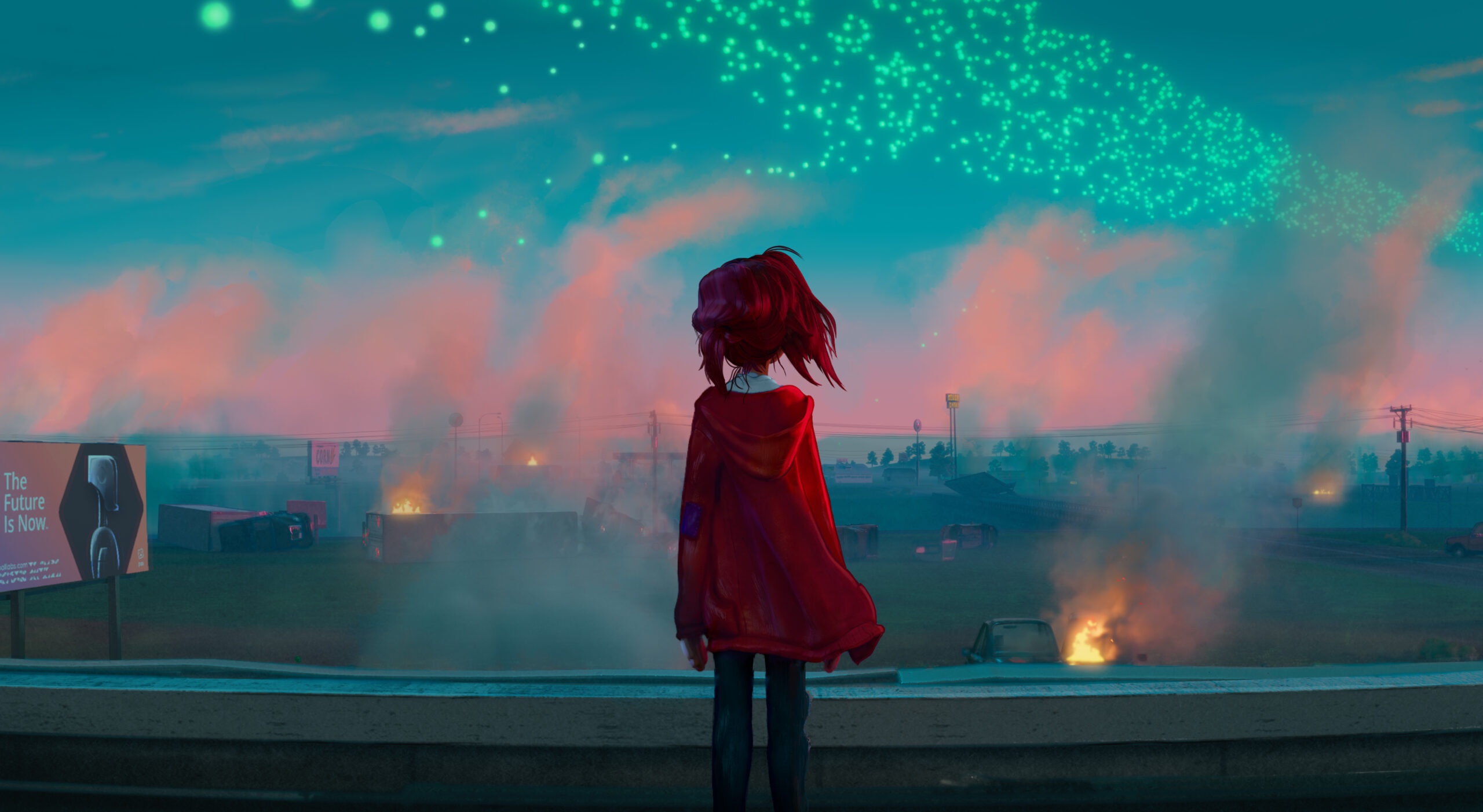
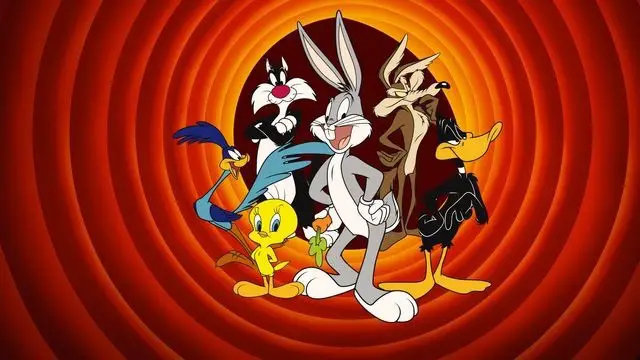
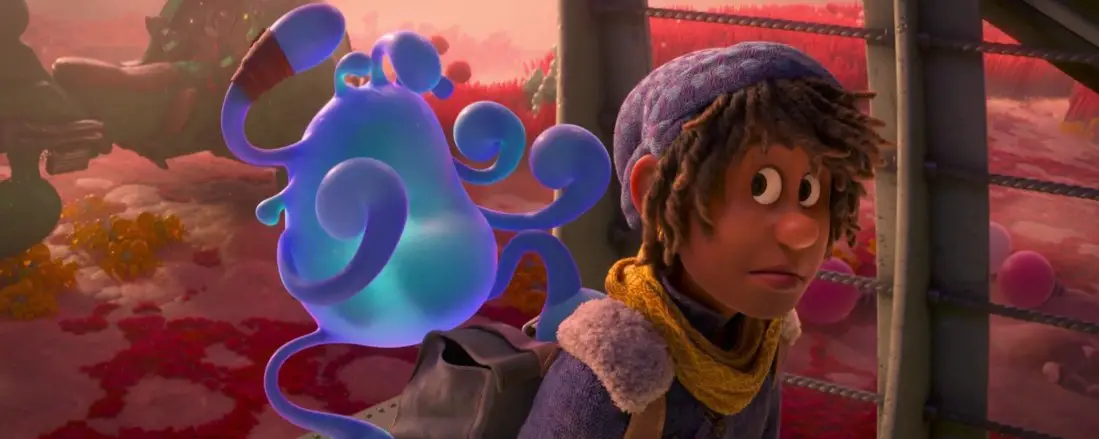
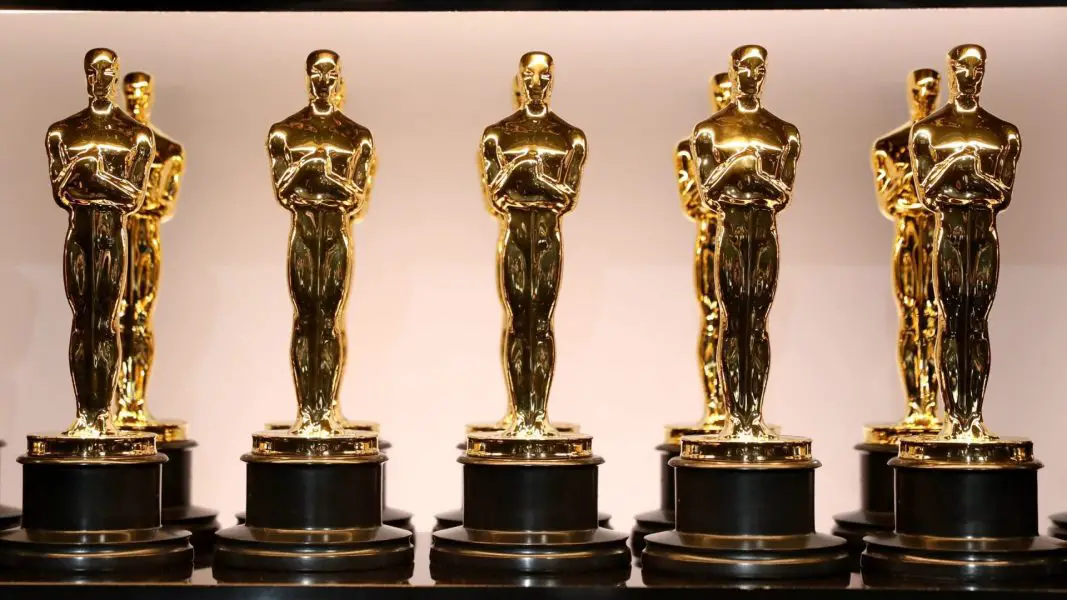
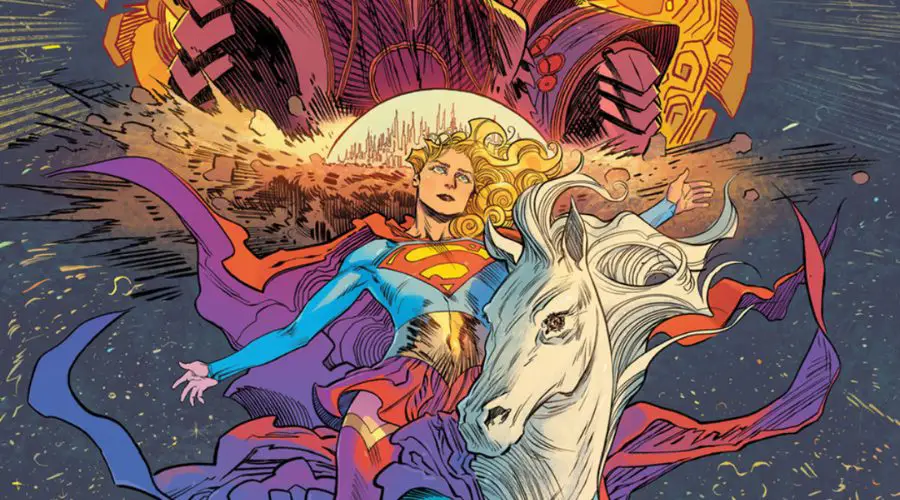
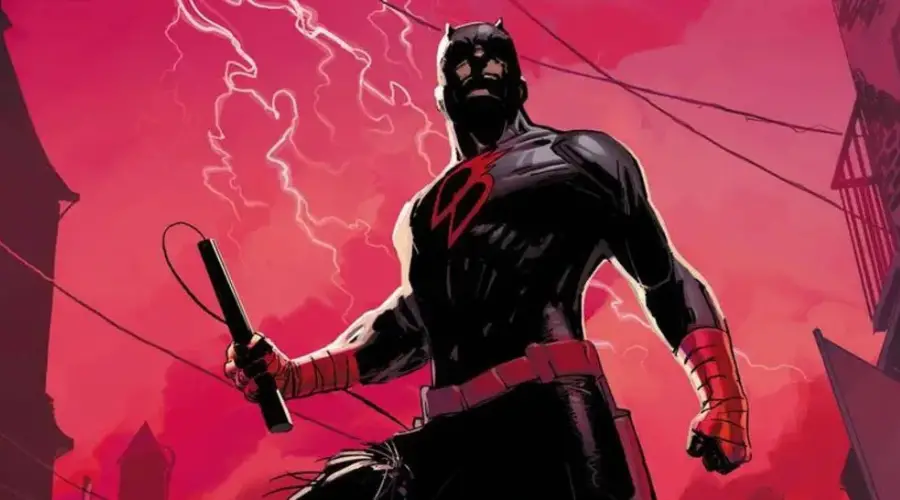
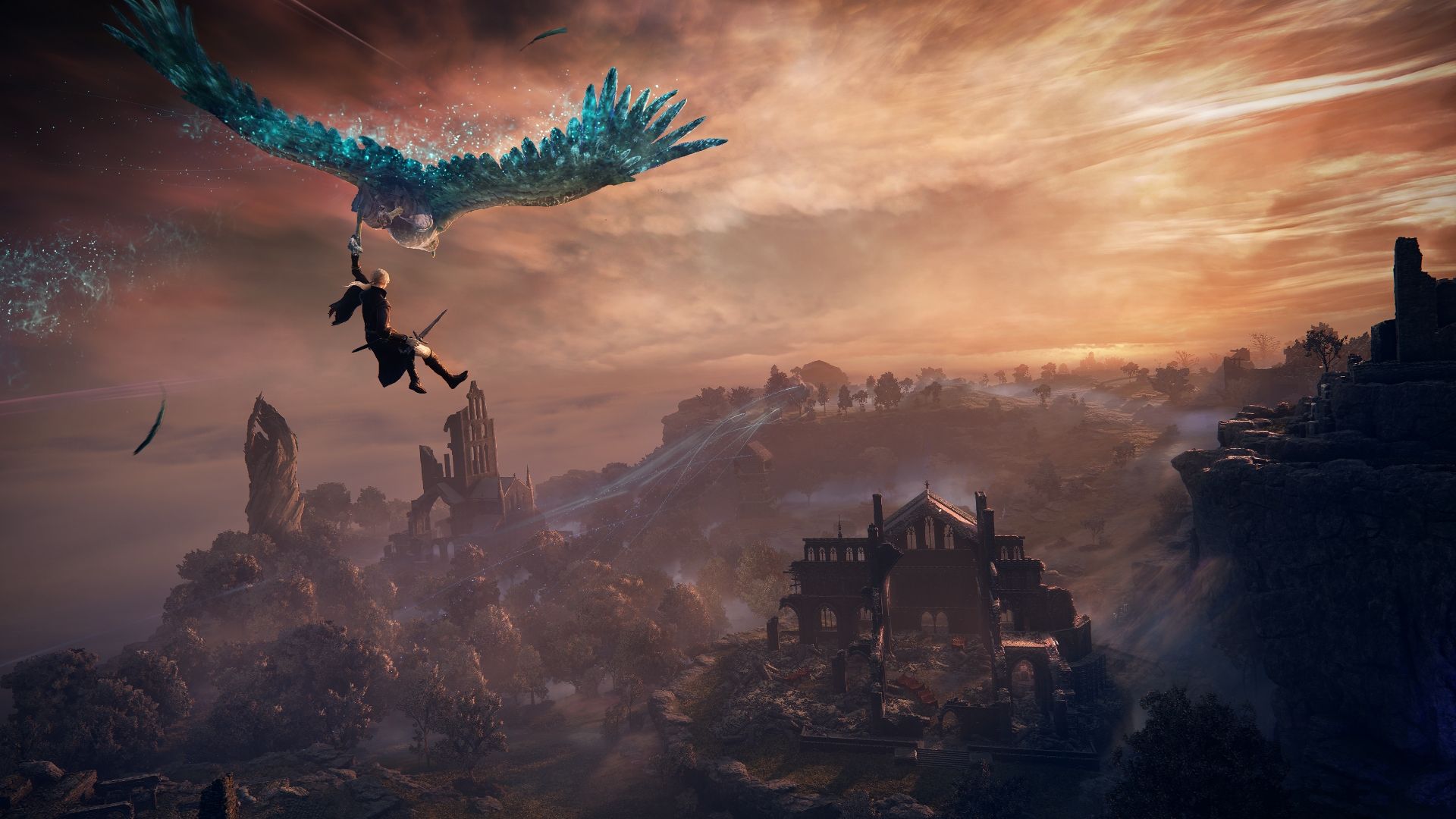

Leave a Comment